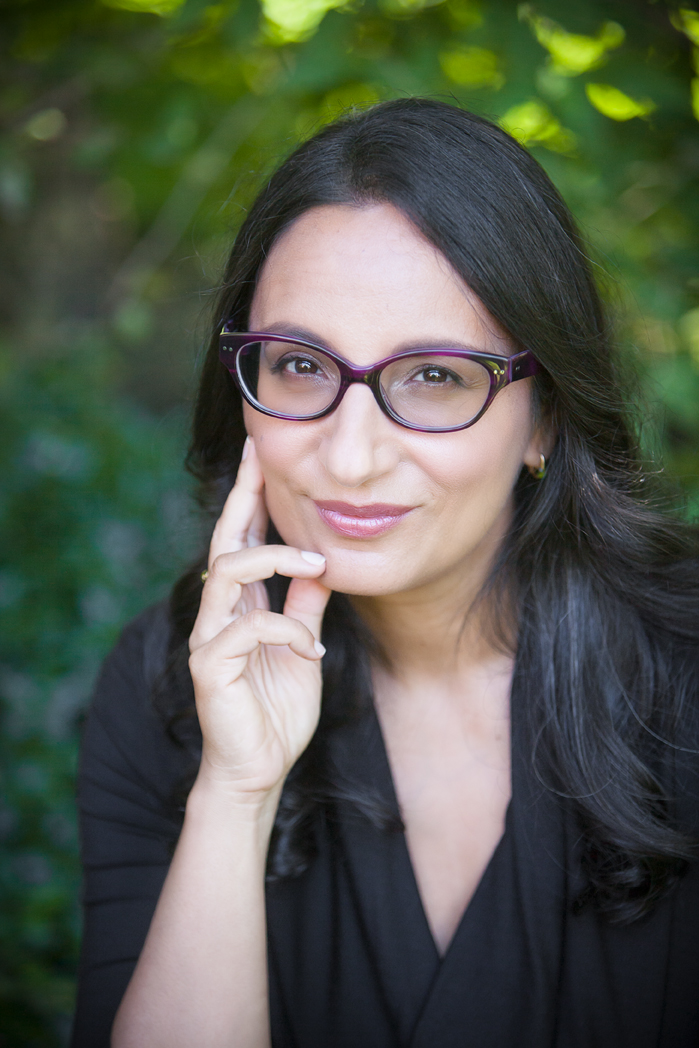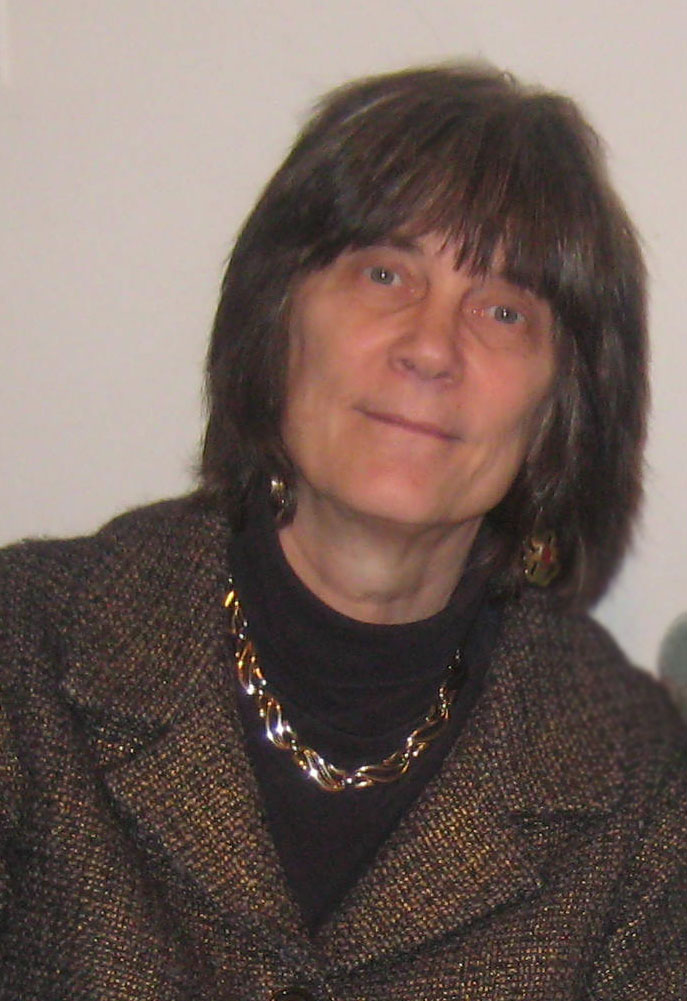A reading in the afternoon
Friday, August 12, 2:00-4:00 PM
Agora, Auditorium 3
University of Jyvaskyla
The Program
About the Coordinator and the Invited PoetsCoordinated by Sarah Glaz, professor of mathematics at the University of Connecticut and poet, the poetry reading at Bridges 2016 features poetry with strong links to mathematics, a great variety of topics, and a wide range of poetic styles. The program starts with ten invited poets reading selections from their work, followed by an open microphone period where Bridges participants read their own mathematical poems. A pdf file of the program will be available here in July. Works by the Bridges Finland and past Bridges conferences invited poets will be included in the forthcoming Bridges 2016 Poetry Anthology (Tessellations Publishers, 2016). More information about the anthology will be posted before the conference on the Bridges 2016 Poetry Day and Registration pages, as well as here.
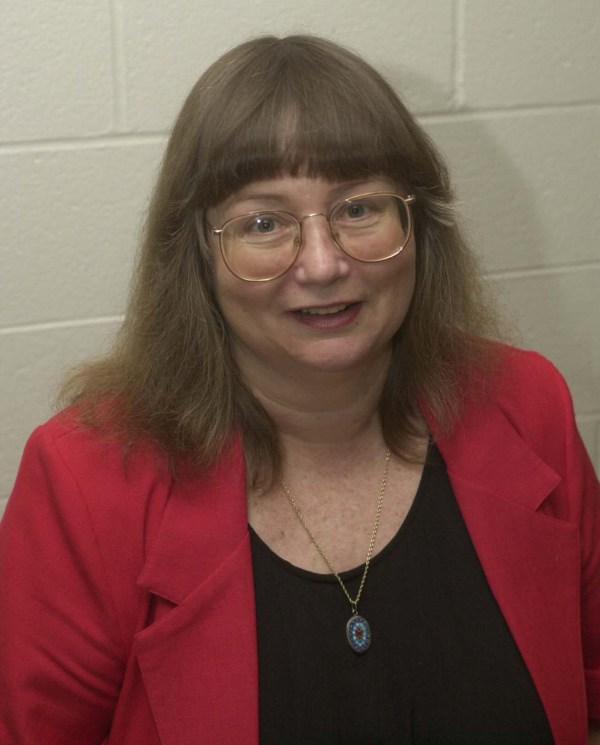
Sarah Glaz
is professor of mathematics at the University of
Connecticut specializing in the area of commutative
algebra. She also has a lifelong interest in poetry.
Sarah translated poetry from several languages, wrote
articles on the connections between mathematics and
poetry, experimented with poetry in the mathematics
classroom, co-edited the poetry anthology Strange
Attractors: Poems of Love and
Mathematics, is editor of the print and online Bridges Poetry
Anthologies 2013, 2014, and 2016 (forthcoming),
and served as Guest Editor for the Journal of
Mathematics and the Arts Special Issue: Poetry and
Mathematics. Sarah's mathematical poetry
appeared in: Ibis Review, Convergence, The
American
Math Monthly, The Ghazal Page, Journal of
Humanistic Mathematics, Recursive Angel,
Talking Writing, American Scientist, and The
London Grip. She is an associate editor
for Journal of Mathematics and the Arts. http://www.math.uconn.edu/~glaz |
|
Photo credit: Karen Whylie, Coyote
Photos.
|
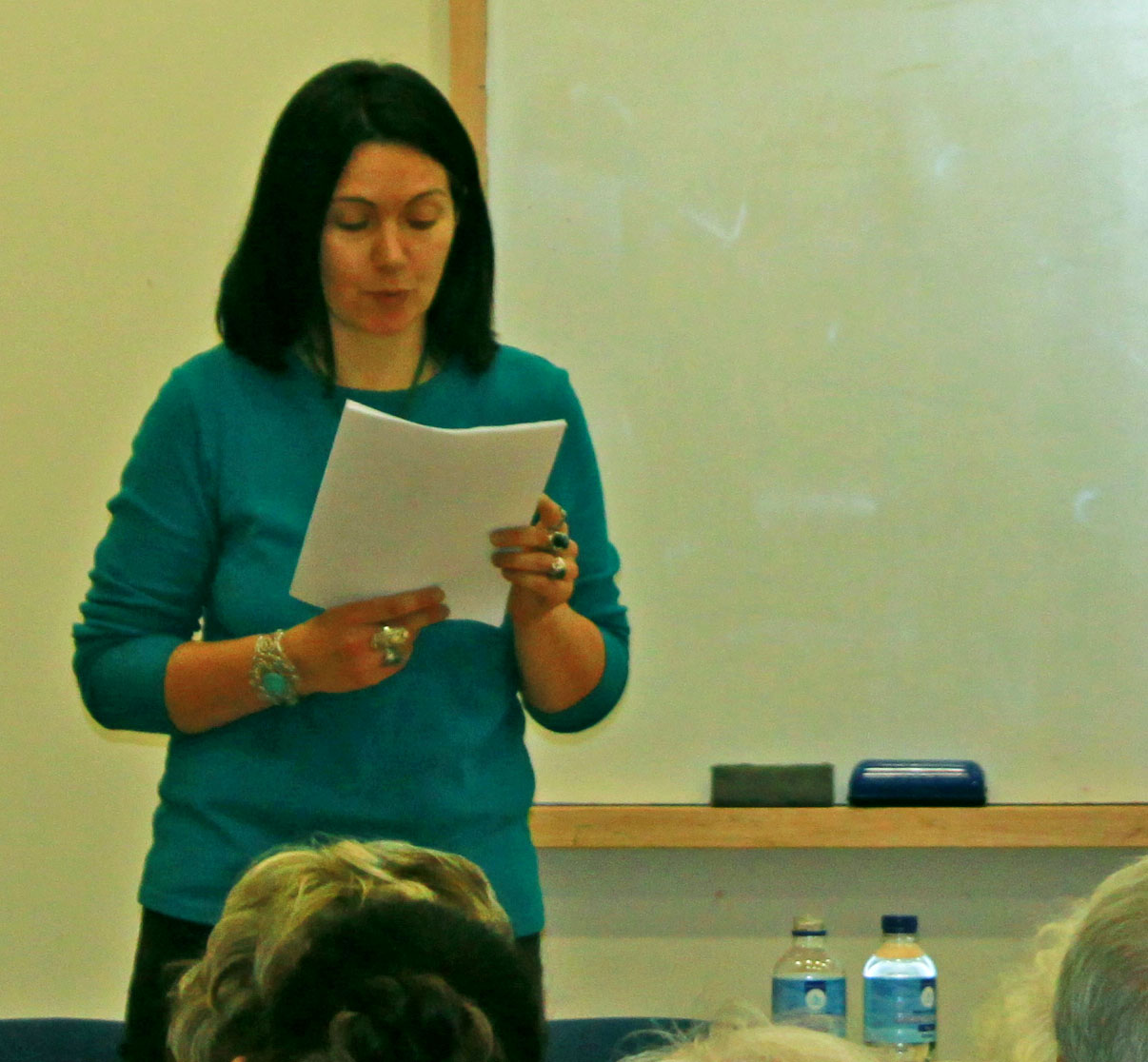
Tatiana Bonch-Osmolovskaya was
born
in former Soviet Union and studied physics at Moscow
Institute of Physics and Technology and philology at
Moscow State Humanitarian University. Her Ph.D
degree is on Russian experimental poetry. Tatiana is
author of ten books in
Russian,
including Introduction to the Literature of
Formal Restrictions and Labyrinths of
combinatorial literature, and coeditor of the
anthology, Freedom
of restriction. Her
poetry
in English appeared in: Can I tell you
a secret?, Across the
Russian Wor(l)d, Bridges
Anthology, London Grip,
The
Disappearing, and Journal of
Humanistic Mathematics. She is a member of the
Executive Board of the International Symmetry
Association, editorial committee of Another
Hemisphere Journal and a guest-editor of Symmetry literary
sessions. She organized the Mathematics and
Arts seminar, GolosA
(Voices) Festival of Combinatorial Poetry, and Symmetry Festival Literary Session. |
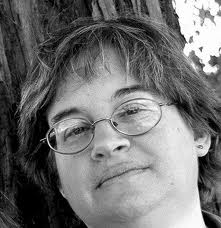
Carol Dorf is fascinated with the boundaries between disciplines and forms. For the past fifteen years she has taught mathematics at Berkeley High School, and has led poetry workshops. Recently, she's brought her passions together by publishing an issue of mathematical poetry in the online magazine Talking Writing, where she is the poetry editor. She has also introduced poetry into the mathematics classroom, and taught poetry writing to mathematics teachers. Her work has been published in journals including: Slipstream, Glint, The Mom Egg, Spillway, Sin Fronteras, Antiphon, Poemeleon, About Place, The Journal of Humanistic Mathematics, Scientific American, and Maintenant, and has been anthologized in: Not A Muse, Best of Indie New England, Boomer Girls, and elsewhere. Her most recent book, Theory Headed Dragon, appeared with Finishing Line Press in 2016. http://talkingwriting.com/why-poets-sometimes-think-in-numbers/
|
Emily Grosholz is the author of seven poetry collections, most recently Proportions of the Heart: Poems that Play with Mathematics, with artwork by Robert Fathauer (Tessellations Publishing, 2014). Her guest-edited issue Studies in History and Philosophy of Modern Physics on "Time and Cosmology" appeared in 2015, and her book Great Circles: The Transits of Mathematics and Poetry is due from Springer in 2017. She is Liberal Arts Research Professor of Philosophy and a member of the Center for Fundamental Theory / Institute for Gravitation and the Cosmos at Penn State University and a member of the research group SPHERE / UMR 7219 / University of Paris 7. Emily has been an advisory editor for the Hudson Review for thirty-two years, and joined the editorial board of the Journal of Humanistic Mathematics six years ago. http://www.emilygrosholz.com/index.html |
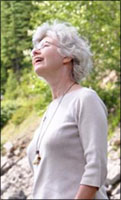
Alice Major
has published ten poetry collections, most recently
Standard
Candles (University of Alberta Press, 2015).
Her book of essays, Intersecting
Sets: A Poet Looks at Science, has been
awarded the
Wilfrid Eggeston Award for non-fiction. Among her
writing awards are the Pat Lowther Award for poetry.
Her interest in mathematics began at the age of
twelve, when she was introduced to non-Euclidean
geometry in one of Martin Gardner's books. Ever
since, like Percy Bysshe Shelley, she turns to math
and science "to replenish my store of metaphor." She
has been president of the League of Canadian Poets,
first poet laureate for her home city of Edmonton
(in western Canada), and is the founder of the
Edmonton Poetry Festival. In 2012 Alice was inducted
to Edmonton's Arts and Culture Hall of Fame. |
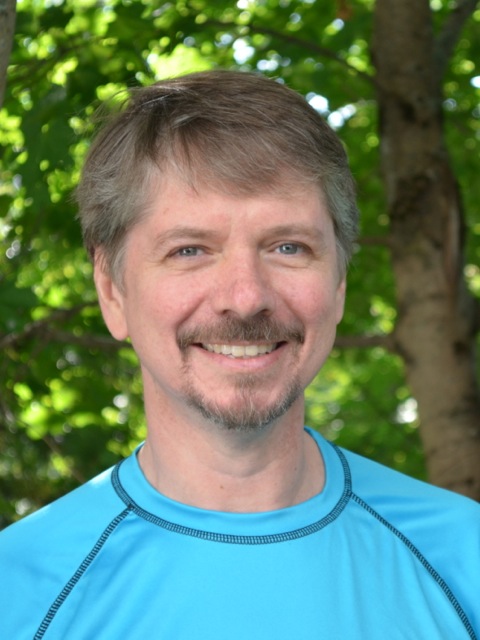 Mike Naylor is a
co-director of Matematikkbolgen and of the Math
Creativity and Competency Center in Norway. He gives
courses for teachers, students and the public,
designs math rooms for schools and develops
mathematical games and learning products. Mike
presents mathematical ideas in creative ways,
including poetry, literature, art, music, video,
software, drama, and other performances, and is author of over 100 publications
spanning a range of mathematical genres. Mike is
known for his Naked Geometry art series and
book, and his quarterly column on Mathematics and
Creativity in Tangenten magazine. Last year
he was named as a "Math and Science Hero" by the
minister of education in Norway. For the past eight
years Mike presented artwork and poetry at the
Bridges conferences. More information on Mike's
projects can be found at: |
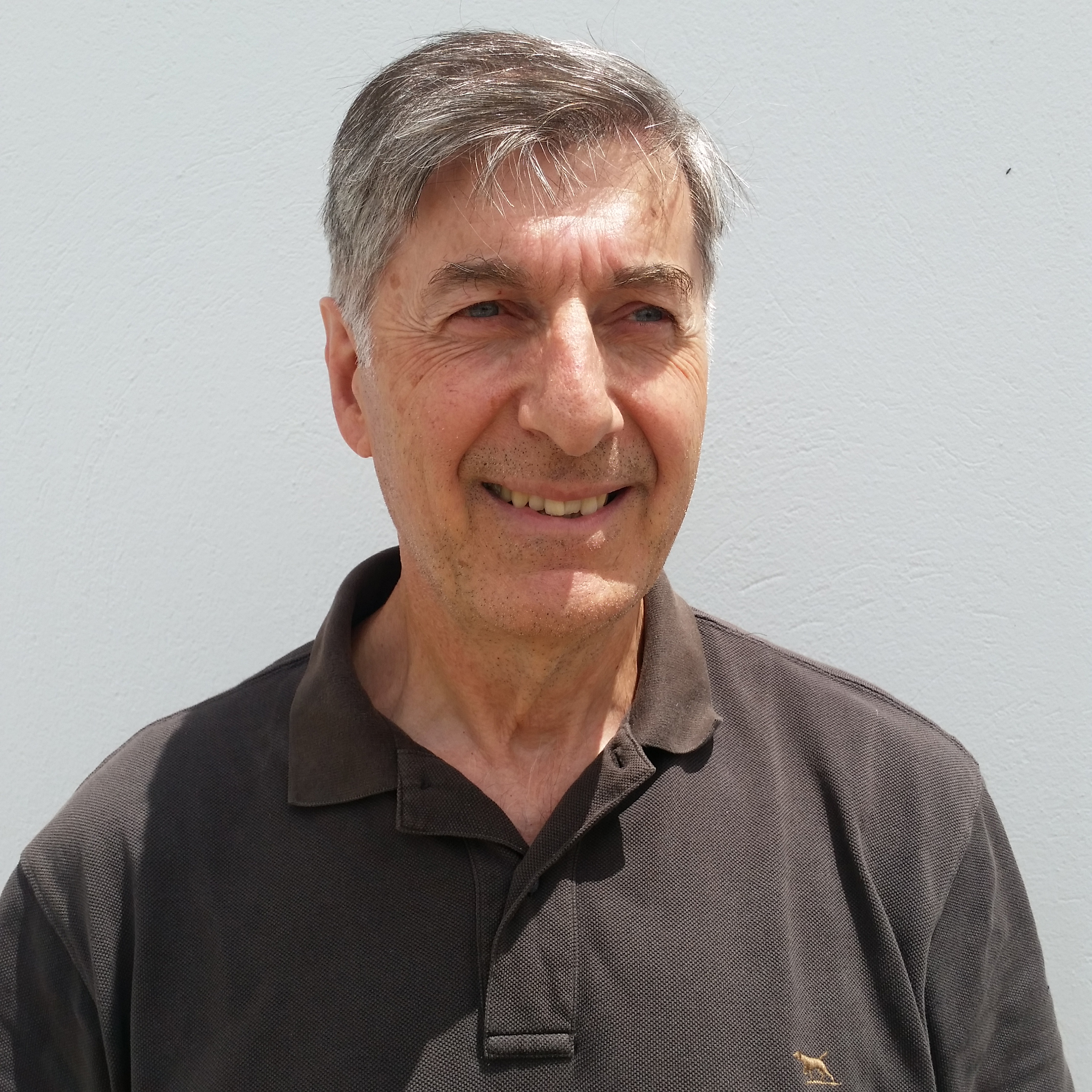 Tom
Petsinis was born in Macedonia, Greece, and
immigrated to Australia as a child. He is a
novelist, playwright, poet, and mathematics lecturer
at Victoria University, Melbourne. Tom has published
seven collections of poetry, including Naming the
Number, Breadth for a Dying Word, My
Father's Tools and Four
Quarters, which won the Wesley Michel
Wright Poetry Prize. Of his five plays,
The Drought won the Wal
Cherry Playscript of the Year Award and was
short-listed for the Victorian Premier's Award.
His four works of fiction include the novels The
Twelfth Dialogue and The French
Mathematician, nominated for both the New
South Wales and South Australian Premier's Award.
His work has been translated into a number
of languages. Quaternia, Tom's new
novel featuring mathematics, was recently
published. Forthcoming work includes the novel Plato's Number. |
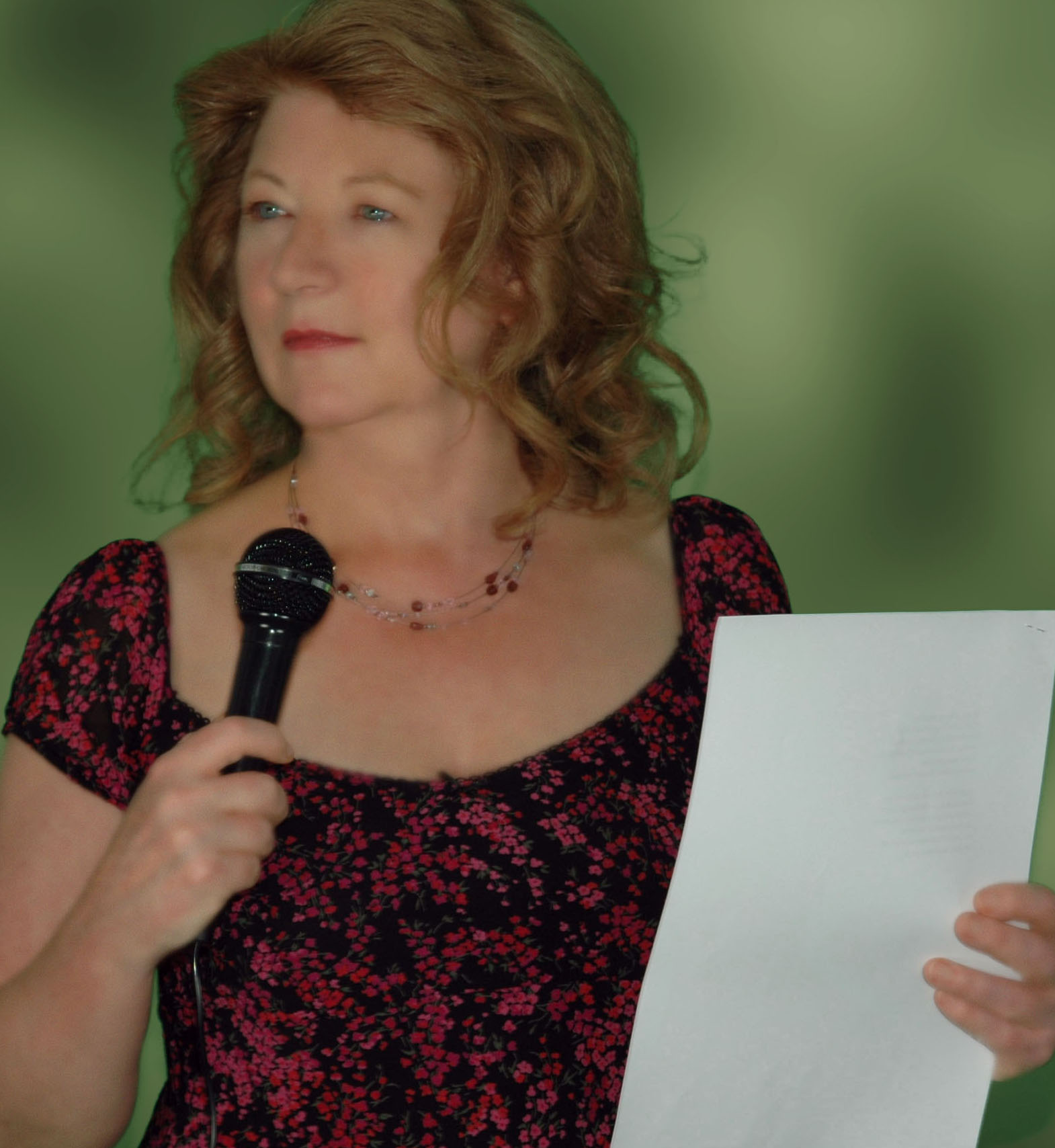 Eveline
Pye
worked
as an Operational Research Analyst for Nchanga
Consolidated Copper Mines, in Zambia, for ten years,
and was a Statistics Lecturer at Glasgow Caledonian
University, in Scotland, for over twenty years. Her
mathematical and statistical poetry has been
published in a wide range of literary magazines,
newspapers and anthologies. In September 2011, Significance
Magazine, the joint publication of the Royal
Statistical Society and the American Statistical
Association featured her work in education and
published a selection of her poems as part of their
Life in Statistics series. She was poetry
editor for New Voices Press and worked for the
Federation of Writers (Scotland). A collection of
her poems about Zambia, Smoke that
Thunders, was published by Mariscat Press in
2015. Examples of Eveline's mathematical poems may
be found online at: |
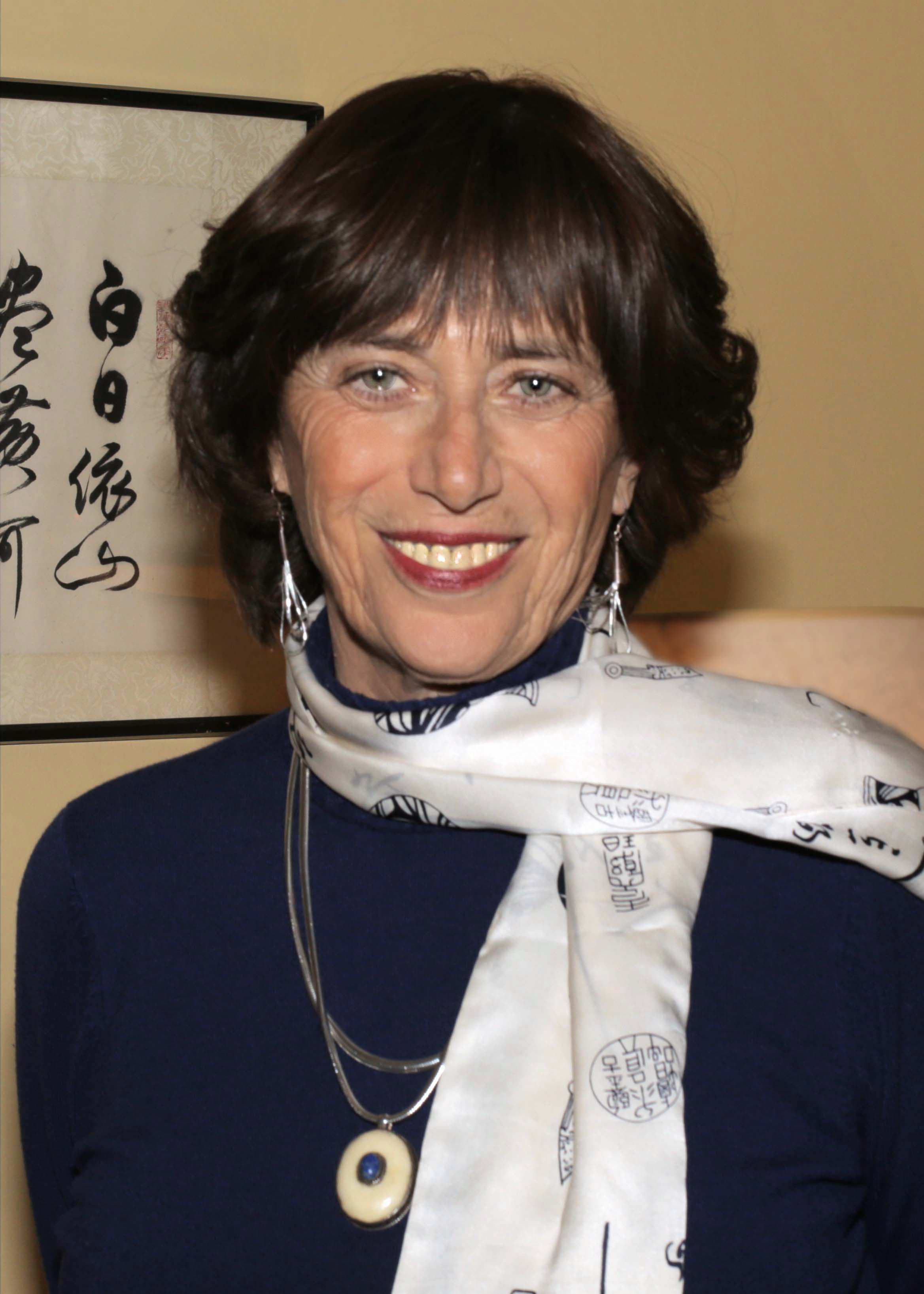
Vera
Schwarcz is a China historian and poet. Her
interest in links between science and poetry grew
out of the life and work of her husband, a noted
cell biologist who passed away in 2014. Vera
received her BA from Vassar College, MA from Yale
University and Ph.D from Stanford University. For
the past four decades she taught at Wesleyan
University in Connecticut, USA. She is the author of
nine books about Chinese intellectual history,
including Bridge
Across Broken Time: Chinese and Jewish Cultural
Memory (Yale University Press, 1989) which was
nominated for the National Jewish Book Award. She
has also written four books of poetry, A Scoop of
Light, Chisel
of Remembrance, Ancestral
Intelligence, and most recently, The Physics of
Wrinkle Formation (Antrim Press, 2015). For
more information about her work, see:
|
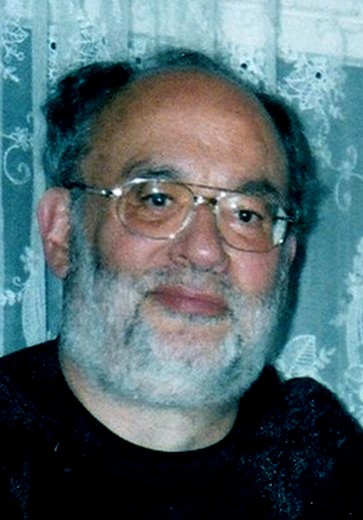
Manfred
Stern holds a Ph.D degree in mathematics
from the Mathematical Research Institute of the
Hungarian Academy of Sciences, Budapest. During the
academic year 1985-86 he was a lecturer at Asmara
University, Eritrea. He is the author of the
monograph Semimodular
Lattices (Cambridge University Press,
Hardback 1999, Paperback 2009), and of the book God said: Let
Newton be ... Mathematical,
Physical, Didactic and Empty Poems that
appeared in German (Dr. Kovač publishers, Hamburg
2015). This book contains his own mathematical poems
as well as translations of poems, including a number
of limericks published together with their English
originals. He also edited a book on Georg Cantor
written by the late Hungarian mathematician Andor
Kertesz. As a freelance translator he translated
twenty two books from English, Finnish, French,
Hungarian, Italian, and Russian into German.
|
Open Microphone and Late Additions
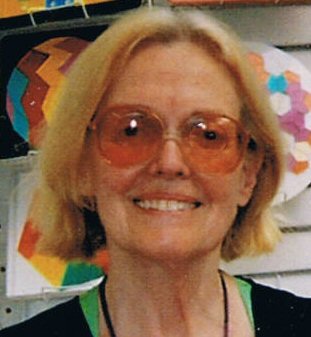
Kate Jones
Kadon Enterprises, Inc., Pasadena, MD, USA
Reading her poem: "Twelveness" -- a Fibonacci verse celebrating the 12 pentominoes
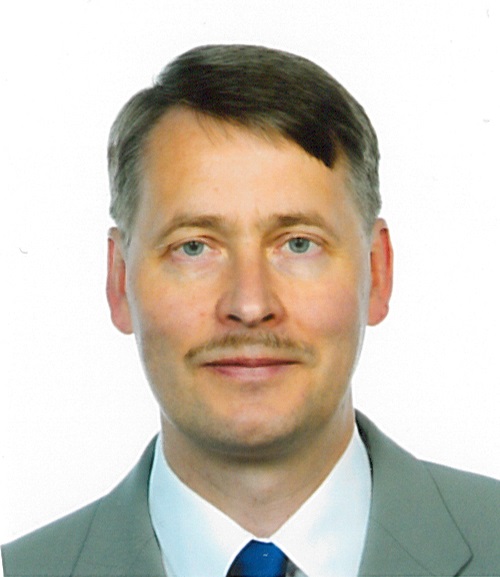
Osmo Pekonen
University of Jyvaskyla, Jyvaskyla, Finland
Reading translations of the poem: "Bolyai" by Mihali Babits
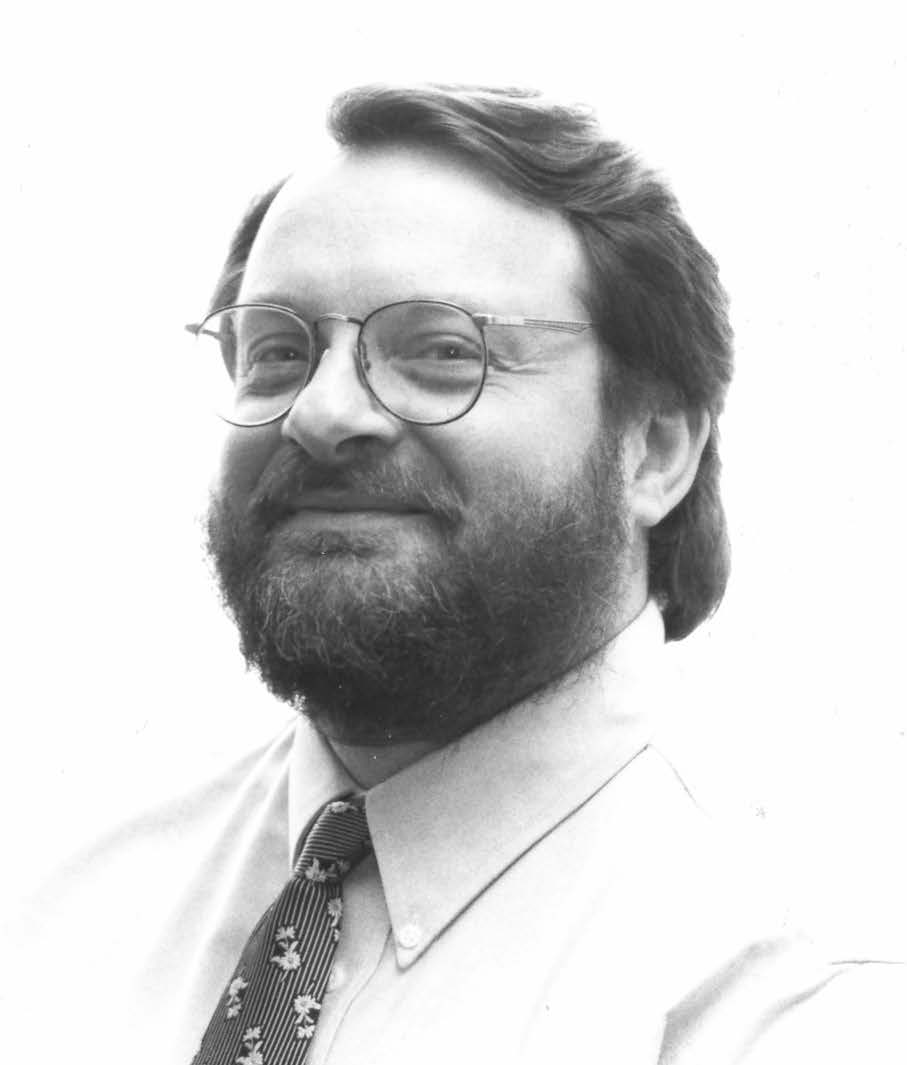
Doug Norton
Villanova University, Villanova, PA, USA
Reading his poem: "Siltoihin"
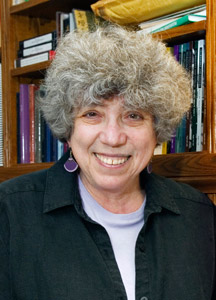
Marjorie Senechal
Smith College, Northampton, MA, USA
Reading a translation of the poem: "Portrait of Max Dehn" by Francisco Jose Craveiro de Carvalho
Attention Bridges participants!
---------------------------------------------------------------------------------------------------
Back to Mathematical Poetry at Bridges
